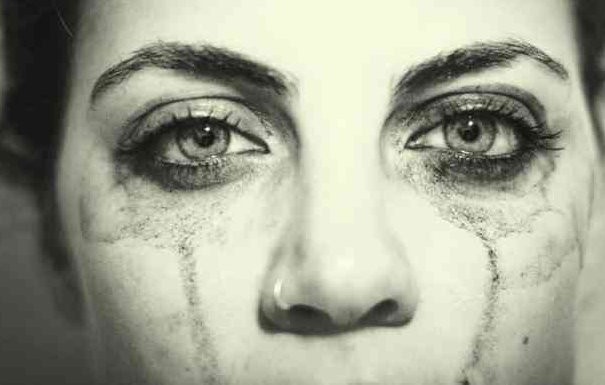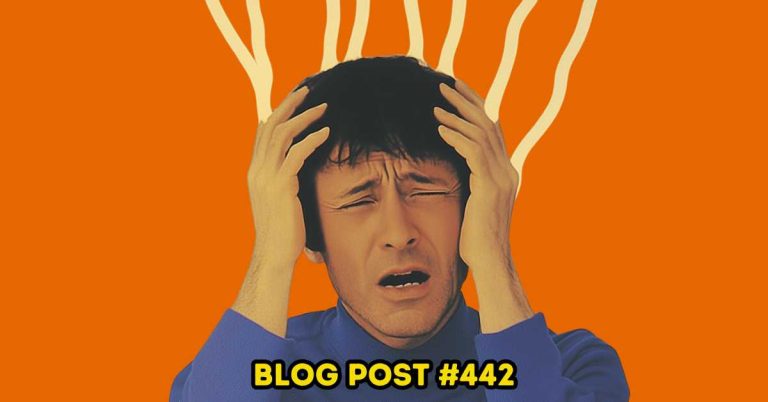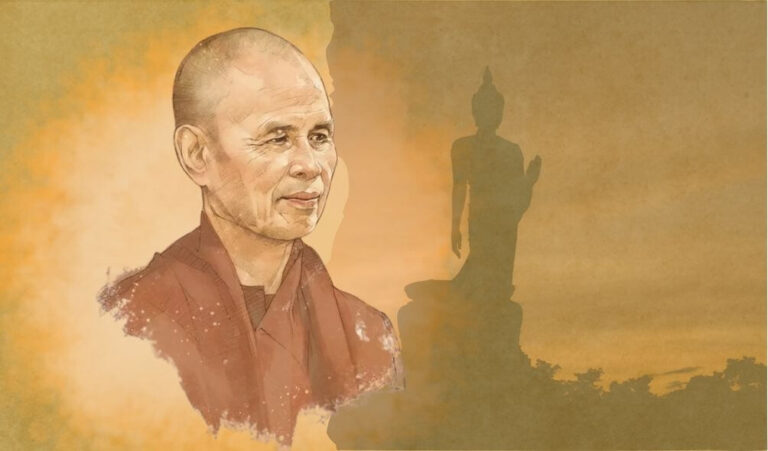
Learned helplessness is a psychological condition in which a person begins to believe that they are powerless to change or improve their situation. This often occurs after repeated failures, or after experiencing an event that seems insurmountable. People who suffer from learned helplessness can feel paralyzed and hopeless, leading to negative consequences in many areas of their life. In this article, we will explore the definition of learned helplessness, how it forms, and how to overcome it.
Discovery & Negative Effects of Learned Helplessness
Learned helplessness was first studied by Martin Seligman and his colleagues in the 1960s. They conducted a series of experiments on dogs that showed how learned helplessness can develop. In the first experiment, the dogs were placed in a harness and given electric shocks that they could not escape from. After a while, the dogs stopped trying to escape and just lay down, whimpering. In the second experiment, the dogs were placed in a box with a high wall that they could not jump over. They were then given shocks that they could not escape from. Again, after a while, the dogs stopped trying to escape and just lay down, whimpering.
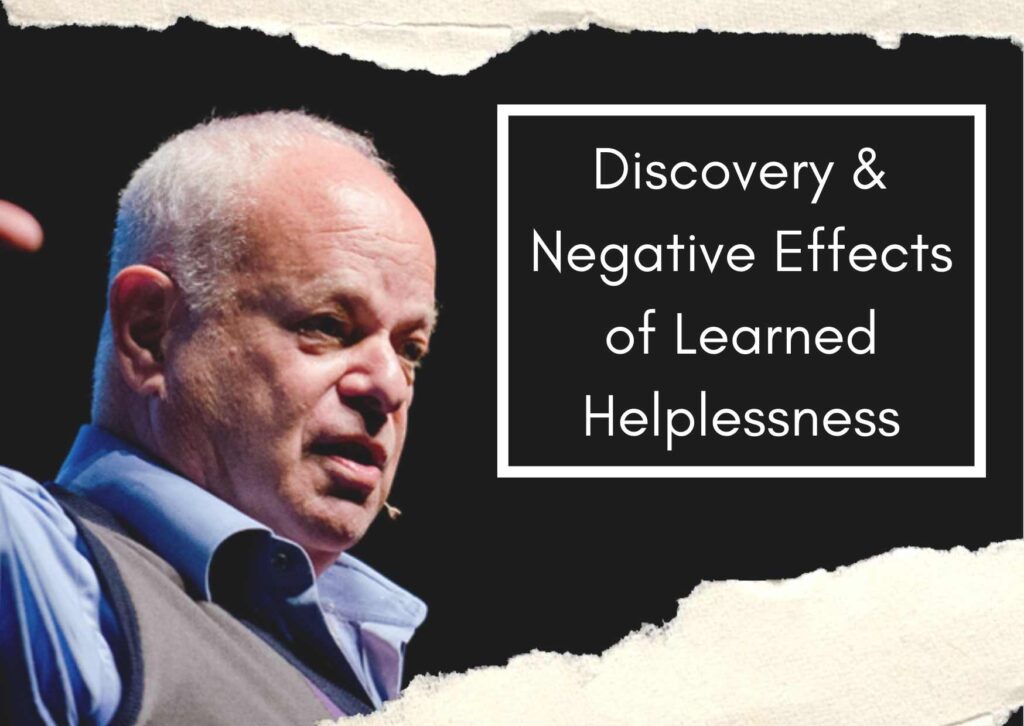
These experiments showed that learned helplessness can develop even when there are no physical restraints preventing someone from escaping or changing their situation. The dogs learned that their efforts to escape or change their situation were futile, and this led to them feeling helpless and hopeless.
Learned Helplessness in Human Psychology
Learned helplessness can also occur in humans. For example, imagine you are working on a project at work that is due in two weeks. You start working on it a week before it is due and quickly realize that you are in over your head. You try to work harder and faster, but the project is still not coming together. As the deadline looms closer, you start to feel overwhelmed and hopeless. You may even begin to believe that no matter how hard you try, you will not be able to finish the project on time. This is an example of learned helplessness.
Learned helplessness can have negative consequences in many areas of life. For example, people who suffer from learned helplessness may be less likely to take action to improve their situation or seek out help when they need it. They may also experience lower self-esteem and self-efficacy, as well as depression and anxiety.
Overcoming Learned Helplessness
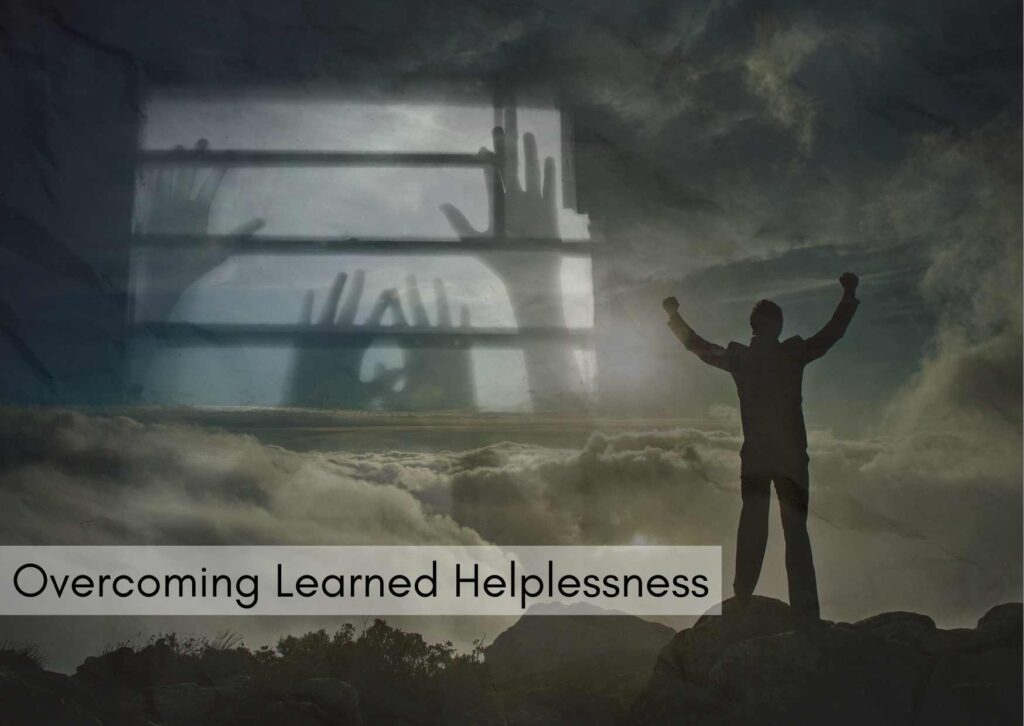
Fortunately, learned helplessness is not permanent. It is possible to overcome learned helplessness and regain a sense of control over your life. One way to do this is to set small, achievable goals for yourself. For example, if you are working on a project that is due in two weeks, break the project down into smaller tasks that you can complete each day. This will help you to avoid feeling overwhelmed and give you a sense of accomplishment as you check each task off your list.
Another way to overcome learned helplessness is to seek out social support. Talk to your friends and family about what you are going through and ask for their help and advice. They can provide encouragement and help you to develop a plan of action. Additionally, there are many learned helplessness support groups available online and in person. These groups can provide valuable information and support, and they can help you to realize that you are not alone.
Escaping Learned Helplessness
If you are struggling with learned helplessness, remember that there is hope. With effort and perseverance, you can overcome learned helplessness and take back control of your life.Thank you for reading! I hope this article was helpful in understanding learned helplessness. If you or someone you know is struggling with learned helplessness, please reach out for help. There are many resources available to assist you on your journey to recovery. Remember, you are not alone. Together, we can overcome learned helplessness!







